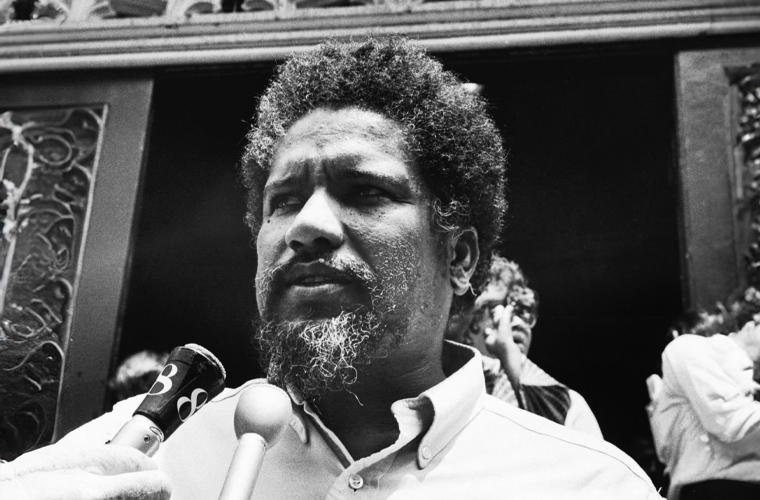James Forman, a prominent figure in American history, was a civil rights activist, educator, and author. His tireless efforts and dedication to the cause of racial equality have left an indelible mark on the nation. This article aims to shed light on the life, accomplishments, and impact of James Forman. Born on October 4, 1928, in Chicago, Illinois, James Forman grew up in poverty and faced numerous challenges throughout his childhood. Despite the hardships, he displayed exceptional academic abilities and was determined to overcome the barriers that society imposed on African Americans.
Forman’s thirst for knowledge led him to attend Englewood High School, where he excelled academically and demonstrated his leadership skills. After high school, he enrolled at Roosevelt University in Chicago, where he earned a Bachelor of Arts degree in history in 1957. Forman’s education played a pivotal role in shaping his understanding of social justice issues and fueled his desire to fight for equality. Forman’s involvement in the civil rights movement began in the late 1950s when he joined the Student Nonviolent Coordinating Committee (SNCC). As an active participant in the organization, he organized and participated in numerous protests and sit-ins to challenge racial segregation and discrimination.















During his tenure at SNCC, Forman played a crucial role in organizing the Freedom Rides, a series of bus trips through the South to challenge segregated interstate travel. He also participated in voter registration drives, risking his life to ensure that African Americans could exercise their right to vote. One of Forman’s most significant contributions to the civil rights movement was his advocacy for Black Power. In 1966, he penned the influential book “The Making of Black Revolutionaries,” which called for a more radical approach to achieving racial equality. This book became a cornerstone of the Black Power movement and inspired countless activists to challenge systemic racism.
After leaving SNCC in 1969, Forman continued his activism by focusing on economic justice issues. He co-founded the Unemployment and Poverty Action Committee (UPAC) and fought for fair employment practices and better living conditions for marginalized communities. Forman’s dedication to education also led him to establish the Malcolm X Liberation University in Durham, North Carolina. This institution aimed to provide higher education opportunities for African Americans and promote black pride and self-determination.
James Forman’s legacy extends far beyond his activism. His contributions to the civil rights movement have paved the way for progress and continue to inspire future generations. His unwavering commitment to justice serves as a reminder that one individual can make a significant impact on society.
James Forman’s life and work exemplify the power of activism and the pursuit of equality. From his early involvement in the civil rights movement to his later advocacy for economic justice and education, Forman dedicated his life to fighting for a more just society. His legacy serves as an inspiration for all those who strive for equality and social change. James Forman will forever be remembered as a remarkable figure in American history.

